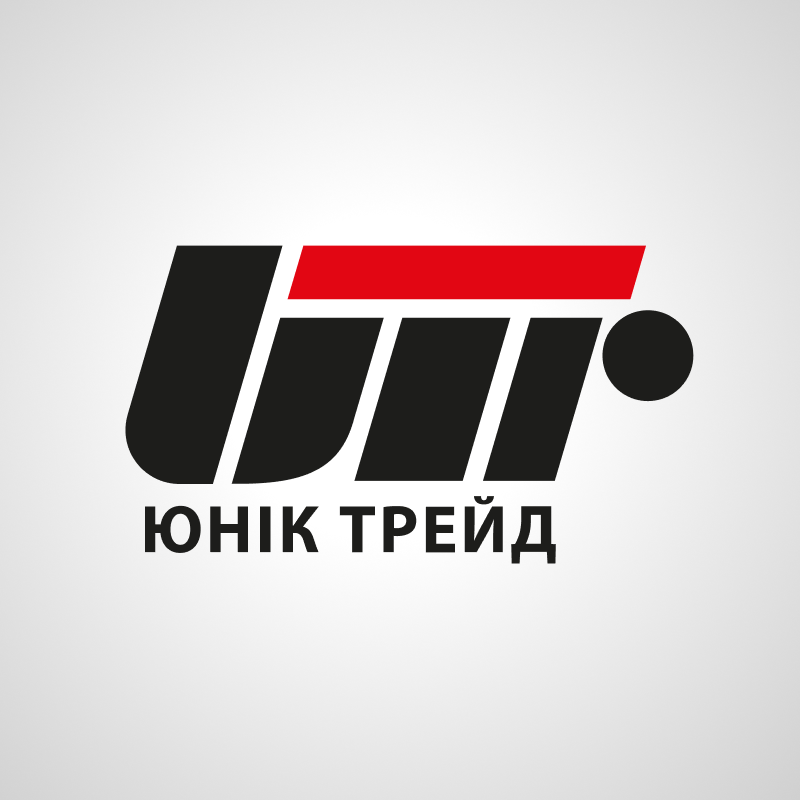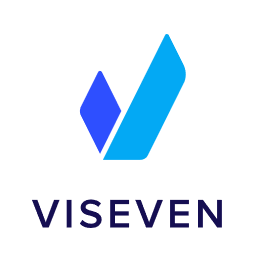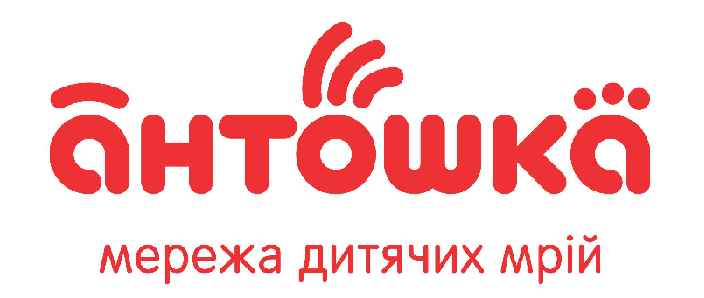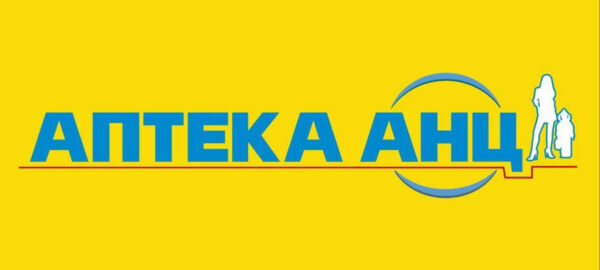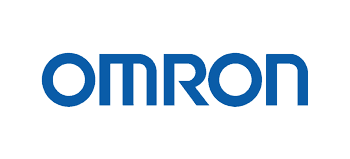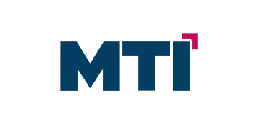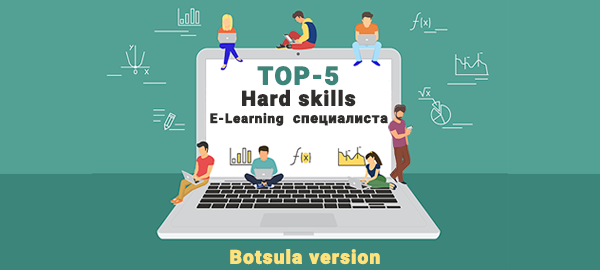
TOP-5 Hard Skills of e-learning specialist by Miroslav Botsula
It is quite difficult to determine the responsibilities, which a corporate e-learning specialist should carry out. If you look at the issues that are discussed at profile conferences, communities, and e-learning specialists forums, then you might think that such an expert is not an ordinary person, but some sort of multi-handed Hindu god Shiva who should do everything from administrating LMS database to creating and translating training videos.
Such a multitasking of work duties is a norm for this sphere. E-learning is a high-tech activity and actually should be handled by the team working at the company’s department of distance learning. However, each team member shouldn’t be an e-learning specialist.
About the team:
- 8 Key Players In eLearning Development
- 9 Key Players You Need On Your eLearning Dream Team
- Key Roles of an ELearning Project http://bit.ly/2KUw9EH
Let’s try to individuate 5 Hard Skills, which e-learning specialist must necessarily possess as a member of the e-learning team.
1. Instructional Design
Instructional Design or Instructional Systems Design is a branch of science concerned with the development of effective, rational and comfortable training methods and systems. In the context of corporate e-learning, its task is to develop effective methods of e-learning using web technologies.
The following course of the instructional design means having a systematic approach to the organization of the training process. Thus, be able to form a unified system of training objectives, educational material, and knowledge of transfer tools. This also includes the ability to create effective training content – training material, its style, a sequence of presentation, ways of presenting the material, ways to control knowledge and techniques of involving in learning.
About Instructional Design:
- Instructional Design Thinking – From Defining to Prototyping Learning Ideas
- Instructional Design for eLearning course at Udemy
- 9 instructional design principles for building an eLearning course
2. Copywriting
Most training resources are created based on existing documents, publications, instructions, etc. We all understand perfectly well that just reading of the source materials is not the most effective way to learn anything. The goals of such reading are not always clear and such raw material contain a lot of redundant information, which leads to wasting of precious time. In other words, it is necessary to process the material for training purposes to obtain a quality educational resource. The e-learning specialist cannot do without editing skills and some sense of literary style.
About Copywriting:
- Marina Litvinova blog: Why does e-learning specialist need copywriting?
- Maksim Ilyakhov course: Information style and text editing
- Write and reduce. How to create a strong text (Editor’s book)
3. Describing business processes
Corporate e-learning is part of the company’s processes and its purpose is to automate training. In this context, the e-learning specialist should be able to find answers to the following questions:
Which training processes can be automated?
How to align training process with daily work?
What is impossible to automate now? And why?
The function of the e-learning specialist is the understanding of company’s business processes construction, the processes’ interaction, and having skills to describe such processes in the corporate e-learning.
About business processes:
- Marina Litvinova blog: Which training processes can be automated??
- Towards a Generalised e-Learning Business Process Model
- Business Process Modeling A-Z™: Learn BPMN 2.0 From Scratch course at Udemy
4. HTML + CSS + JS
E-learning is a web-based technology. It is impossible to work in eLearning without basic knowledge of how WWW operates. The skills of creating web pages, proficiency in CSS and JS are important for the everyday work of an e-learning specialist. These skills are useful for completing own tasks and being proficient in assigning technical tasks to other team members along with accepting completed work.
WWW basics:
- How Web works
- HTML, CSS and JavaScript courses at Academy
- List of resources for HTML/CSS/JS Training
5. Web analytics
It is important to be able to determine and manage e-learning effectiveness. It is difficult to lead training processes, and almost impossible to properly monitor and rationally develop these processes without web analytics skills. Namely, determining the training metrics, monitoring its dynamics, conducting experiments and finding patterns of change.
About Web analytics:
- LMS Performance Analysis: Using Web Analytics Methods To Improve eLearning Delivery
- 8 Types Of eLearning Analytics To Obtain From Google And Your LMS
- Web analytics course at Coursera
El`Lab is the best way to level up your corporate e-learning skills.
The second E-learning Bootcamp will take place in Vinnitsa on October 10-12, 2018.
The event is unique in its format: the team will get real practice, spending three days in the professional community. Your team will be able to learn from 18 mentors and 6 of them will available for close collaboration in groups.
What do you need to participate?
Assemble a team of 2-3 company representatives and register here: http://bit.ly/2P8Oj90
More details: http://bit.ly/2vN0hNn





